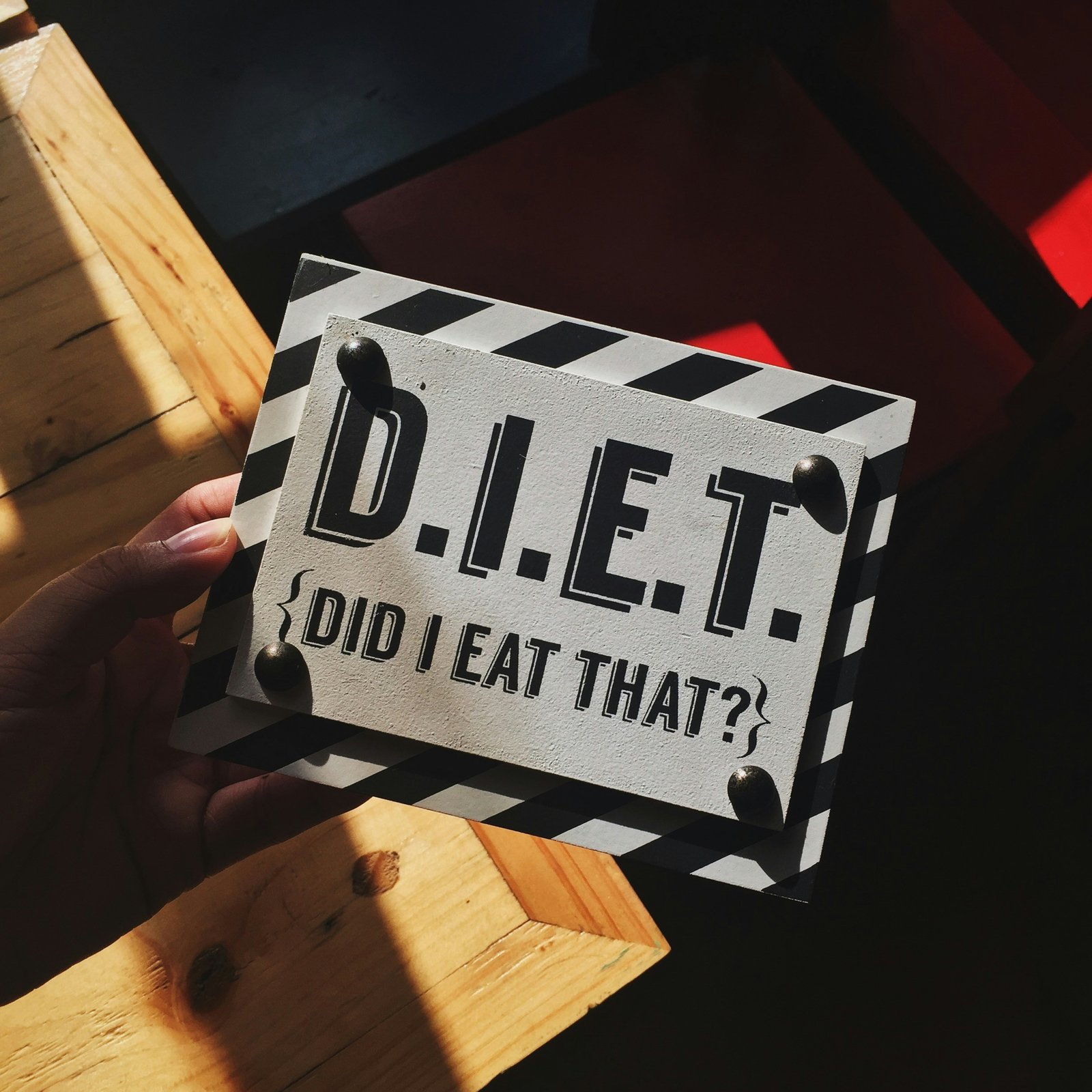
Anxiety Management with Nutrition
Anxiety is one of the most common mental health disorders in the world, affecting millions of people every year. Anxiety can interfere with your daily life, causing symptoms such as nervousness, fear, worry, panic, and insomnia.
While there are many factors that contribute to anxiety, such as genetics, environment, and stress, one aspect that is often overlooked is nutrition.
Nutrition plays a vital role in your mental health, as the food you eat can affect your brain chemistry, mood, and energy levels. Some foods can help you cope with anxiety, while others can make it worse.
Here, we will explore the link between diet and anxiety, and provide you with some practical tips on how to eat for optimal mental well-being.
The Link Between Diet and Anxiety
Research has shown that certain nutrients can influence your mental health and help with anxiety management.
For example, omega-3 fatty acids, which are found in fish, nuts, and seeds, can help reduce inflammation and improve brain function. Omega-3s can also modulate the activity of neurotransmitters, such as serotonin and dopamine, which are involved in mood regulation and stress response.
Another nutrient that can affect your anxiety is magnesium, which is found in leafy greens, beans, and nuts. Magnesium is essential for nerve and muscle function and can help relax your body and mind. Magnesium can also regulate the production of cortisol, the stress hormone that can trigger anxiety symptoms.
Complex carbohydrates, such as whole grains, fruits, and vegetables, can also help you with anxiety management, as they provide a steady source of energy and prevent blood sugar spikes and crashes. Complex carbs can also increase the availability of tryptophan, an amino acid that is converted into serotonin, the “happy hormone” that can boost your mood and calm your nerves.
On the other hand, some foods can aggravate your anxiety and worsen your mental health.
These include foods high in sugar and refined carbohydrates, such as sweets, pastries, white bread, and soda. These foods can cause rapid fluctuations in your blood sugar levels, which can lead to mood swings, irritability, and anxiety. Sugar can also deplete your body of essential nutrients, such as vitamin B, which is important for nerve health, stress & anxiety management.
Another food that can exacerbate your anxiety is caffeine, which is found in coffee, tea, energy drinks, and chocolate. Caffeine is a stimulant that can increase your heart rate, blood pressure, and alertness, but also trigger anxiety, jitteriness, and insomnia. Caffeine can also interfere with the absorption of certain nutrients, such as calcium and iron, which are essential for your mental health.
Processed and high-fat foods, such as fast food, chips, and fried foods, can also contribute to anxiety and inflammation, as they can impair your digestion and gut health. Your gut is home to trillions of bacteria that can affect your brain and mood, as they produce neurotransmitters and hormones that can influence your anxiety levels. Processed and high-fat foods can disrupt the balance of your gut bacteria, and cause inflammation, which can impair your brain function and mental health.
The Foods that Soothe Anxiety
Now that you know how diet can affect your anxiety, you may wonder what the best foods are to eat for your mental health.
Have these nutrient-rich foods that can support your mental well-being and help in anxiety management:
- Fatty fish, such as salmon, tuna, and sardines, are rich in omega-3 fatty acids, which can reduce inflammation and improve brain function. Omega-3s can also modulate the activity of neurotransmitters, such as serotonin and dopamine, which are involved in mood regulation and stress response.
- Whole grains, such as oats, brown rice, and quinoa, are sources of complex carbohydrates, which can provide a steady source of energy and prevent blood sugar spikes and crashes. Whole grains can also increase the availability of tryptophan, an amino acid that is converted into serotonin, the “happy hormone” that can boost your mood and calm your nerves.
- Leafy greens, such as spinach, kale, and broccoli, are rich in magnesium, which is essential for nerve and muscle function, and can help relax your body and mind. Magnesium can also regulate the production of cortisol, the stress hormone that can trigger anxiety symptoms.
- Nuts and seeds, such as almonds, walnuts, and sunflower seeds, are also sources of magnesium, as well as omega-3 fatty acids, vitamin E, and zinc, which are important for your brain health and immune system. Nuts and seeds can also help you feel full and satisfied, which can prevent overeating and emotional eating.
- Fruits and vegetables, such as berries, oranges, and carrots, are rich in antioxidants, such as vitamin C, beta-carotene, and flavonoids, which can protect your brain cells from oxidative stress and inflammation. Fruits and vegetables can also provide you with fiber, which can improve your digestion and gut health, and support your mental health.
- Probiotic foods, such as yogurt, kefir, and sauerkraut, are foods that contain beneficial bacteria that can improve your gut health and brain health. Probiotics can help balance your gut flora and produce neurotransmitters and hormones that can influence your anxiety levels. Probiotics can also boost your immune system and reduce inflammation, which can affect your mental health.
- Dark Chocolate: Indulging in a small piece of dark chocolate can have a calming effect on the mind. Dark chocolate contains flavonoids, which have been linked to lower stress levels and improved mood.
- Chamomile Tea: Known for its soothing properties, chamomile tea can help reduce anxiety and promote relaxation. It contains compounds that bind to receptors in the brain, reducing anxiety and promoting better sleep. Chamomile contains apigenin. Because apigenin acts on the same receptors as benzodiazepines, consuming chamomile tea can lead to similar feelings of calmness and mild sedation. This is why chamomile tea is often recommended as a natural remedy for reducing anxiety and promoting relaxation.
The Foods that Aggravate Anxiety
Foods that you should avoid or limit if you suffer from anxiety:
- Sugar and refined carbohydrates, such as sweets, pastries, white bread, and soda, can cause rapid fluctuations in your blood sugar levels, which can lead to mood swings, irritability, and anxiety. Sugar can also deplete your body of essential nutrients, such as vitamin B, which is important for nerve health and stress management.
- Caffeine, which is found in coffee, tea, energy drinks, and chocolate, is a stimulant that can increase your heart rate, blood pressure, and alertness, but also trigger anxiety, jitteriness, and insomnia. Caffeine can also interfere with the absorption of certain nutrients, such as calcium and iron, which are essential for your mental health.
- Processed and high-fat foods, such as fast food, chips, and fried foods, can contribute to anxiety and inflammation, as they can impair your digestion and gut health. Your gut is home to trillions of bacteria that can affect your brain and mood, as they produce neurotransmitters and hormones that can influence your anxiety levels. Processed and high-fat foods can disrupt the balance of your gut bacteria, and cause inflammation, which can impair your brain function and mental health.
- Alcohol, which is often used as a coping mechanism for anxiety, can actually worsen your mental health, as it can dehydrate you, disrupt your sleep, and interfere with your neurotransmitter levels. Alcohol can also lower your inhibitions and impair your judgment, which can lead to regrettable actions and increased anxiety.
Practical Tips for Eating for Your Mental Health
You may wonder how to incorporate these foods into your diet. Here are some practical tips that can help you eat for your mental well-being and manage your anxiety:
- Plan your meals ahead of time, and make sure to include a variety of nutrient-rich foods, such as fatty fish, whole grains, leafy greens, nuts and seeds, fruits and vegetables, and probiotic foods. Planning your meals can help you avoid impulse eating and make healthier choices.
- Reduce your consumption of foods that may aggravate your anxiety, such as sugar, refined carbohydrates, caffeine, processed and high-fat foods, and alcohol. You don’t have to eliminate them completely, but try to limit them to occasional treats or special occasions.
- Practice mindful eating, which means paying attention to your hunger and fullness cues, eating slowly and without distractions, and savoring the flavors and textures of your food. Mindful eating can help you enjoy your food more, reduce stress, and prevent overeating and emotional eating.
- Drink plenty of water, as dehydration can affect your mood, energy, and cognitive function. Water can also help flush out toxins and waste products from your body, and keep your skin and hair healthy. Aim for at least eight glasses of water a day, and avoid sugary drinks and alcohol.
- Consult a nutritionist or a doctor, if you have any specific dietary needs or concerns, or if you want to make major changes to your diet. A professional can help you create a personalized nutrition plan that suits your goals, preferences, and health conditions.
While nutrition alone cannot cure anxiety disorders, it can play a significant role in managing symptoms and promoting overall well-being. Incorporating foods that soothe anxiety, such as fatty fish, dark chocolate, chamomile tea, yogurt, and green leafy vegetables, into your diet can have a positive impact on mental health. On the other hand, avoiding or reducing the consumption of foods that aggravate anxiety, such as caffeine, alcohol, sugar, processed foods, and highly salty foods, can help alleviate symptoms.
By paying attention to our diet and making mindful choices, we can take a proactive approach to anxiety management and improving our mental well-being.









